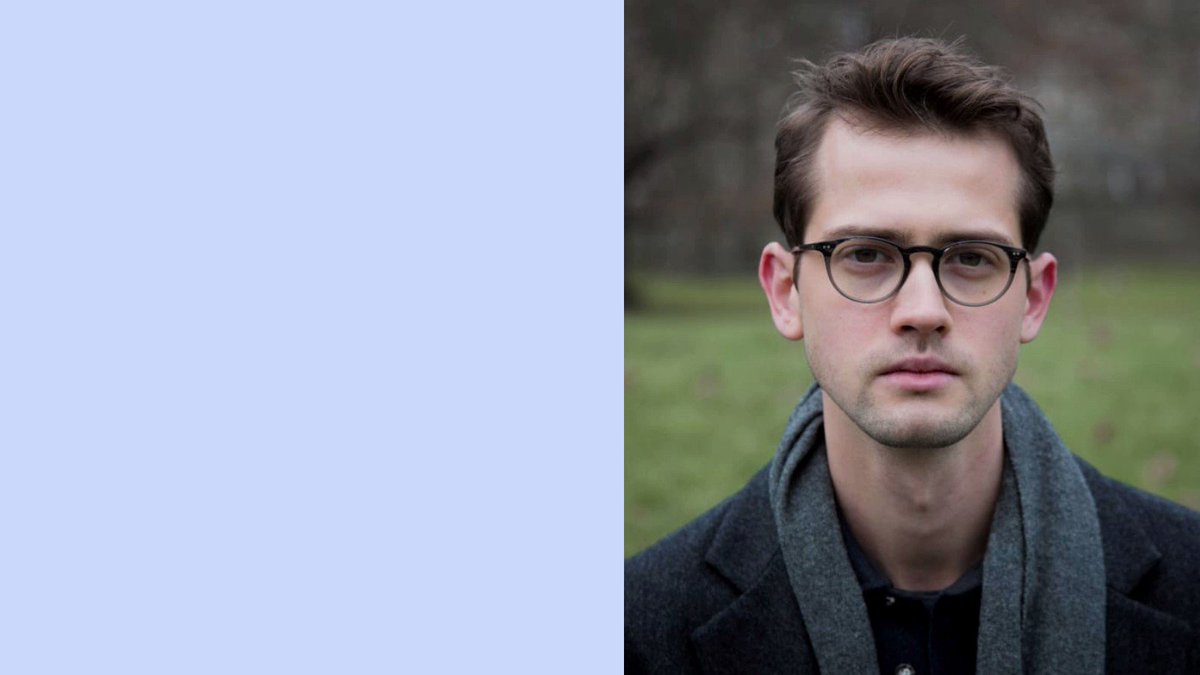Jigyasa Sahay
6:30
6:35
6:35
6:39
6:43
6:48
7:00
7:00
7:05
7:05
7:10
7:18
7:19
7:29
7:34
7:36
7:38
7:39
Connecting…






